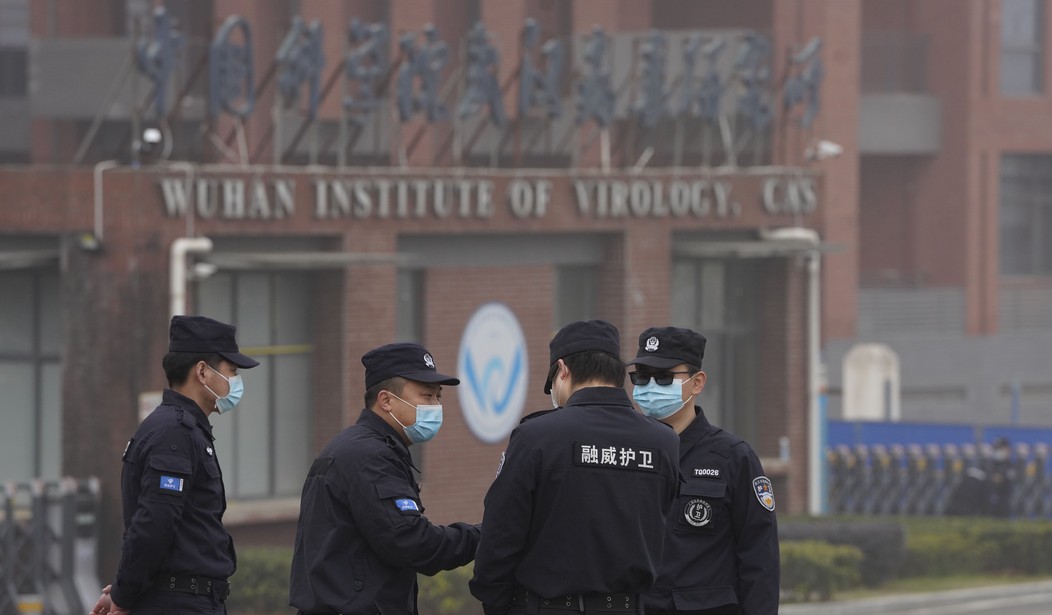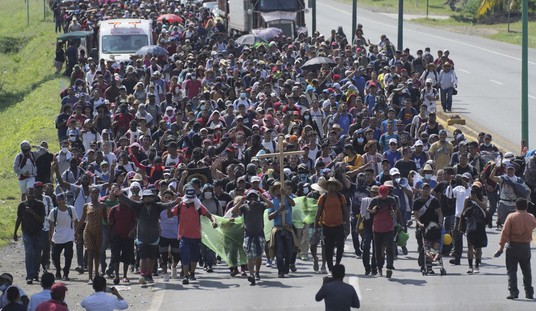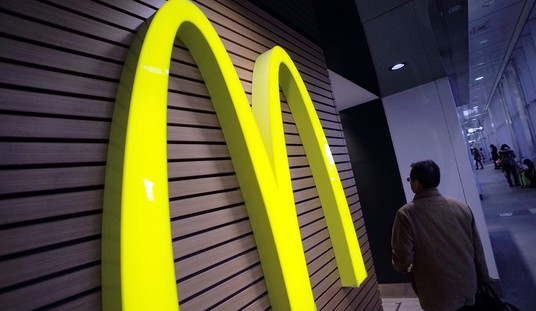Chinese researchers have published an extensive analysis of samples taken from the Wuhan wet market where it’s believed COVID-19 was first transferred to humans.
This is not evidence that the virus is naturally occurring or that it didn’t leak from a lab. But the detailed analysis gives strong indications that wild animals being sold in the market were infected with COVID-19 and it was they who transmitted the virus to humans.
Why wasn’t this information released before and why now? It could be that the genetic sequences were initially published — perhaps by accident — in February 2022 and were already available for research. This research is the first that’s been peer-reviewed and will appear next month in Nature.
The Chinese research team’s paper showed that some samples – collected from areas where wildlife was being sold – had tested positive for the virus.
Their analysis also showed that animals now known to be susceptible to the virus, particularly raccoon dogs, were being sold alive in those locations.
But the Chinese researchers have pointed out that their discoveries fall short of definitive proof of how the outbreak started.
“These environmental samples cannot prove that the animals were infected,” the paper explains.
Professor David Robertson, from the University of Glasgow, is a virologist who has been involved in the search for COVID origins since 2020.
“It’s the whole body of evidence that’s important,” he said.
“When you bring this together with the fact that the early Covid-19 cases in Wuhan are linked to the market, it’s strong evidence that this is where a spillover from an animal in the market occurred.”
If there was any doubt about where the virus originated — and China has been relentlessly pushing the idea that it originated somewhere else — this study should at least settle that question.
Dr. Maria Van Kerkhove, the WHO’s Covid-19 technical lead, denounced the Chinese government for its lack of transparency.
“The lack of data disclosure is simply inexcusable,” Van Kerkhove wrote in an editorial in the journal Science on Thursday. “The longer it takes to understand the origins of the pandemic, the harder it becomes to answer the question, and the more unsafe the world becomes.”
Understanding the origins of the virus would help prevent future outbreaks, Van Kerkhove says.
Although the sequences showed that the animal could have been an intermediate host and that the market amplified the spread of the virus, the data did not show that people who interacted with those animals got sick through that exposure. In other words, the findings did not settle the question of how the pandemic started.
To do so, scientists would need to trace the animals to the source of the virus. WHO also needs access to test results from workers at the market.
Three years later, Van Kerkhove said, WHO still does not have access to the raw data China collected from early Covid-19 cases.
Van Kerkhove says China could have more information to share, including data about things like the wild and farmed animal trade, the testing of humans and animals in Wuhan and across China, the operations of labs in Wuhan that worked with coronaviruses, and the first cases. Those first cases are absolutely critical to determining how the virus was first transmitted to humans.
Van Kerkhove has been one of the most vocal WHO officials in calling on China to be more forthcoming with information on the early period of the pandemic.
Dr. Michael Osterholm, director of the Center for Infectious Disease Research and Policy at the University of Minnesota and a member of President Joe Biden’s Covid task force during the presidential transition, said Van Kerkhove’s editorial in Science Magazine puts WHO on the record on the issue of Chinese foot-dragging.
“Will that be a compelling incentive for China to share more? No. They’re going to do what they’re going to do,” Osterholm said.
“I am not optimistic,” he added.
That data is locked away somewhere in China and won’t see the light of day as long as the Communists rule in Beijing.










Join the conversation as a VIP Member